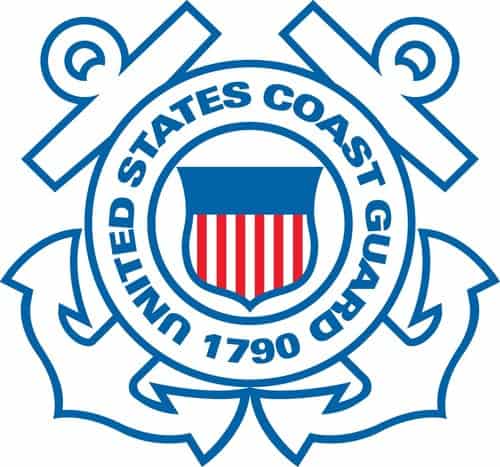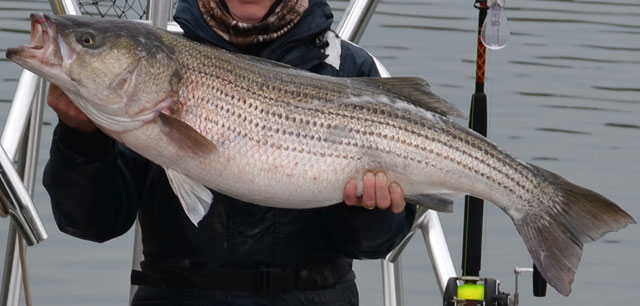A bill passed by Virginia lawmakers will put a stop to the sewage overflows Richmond sends into the James River–but it’s going to take some time.
Under legislation awaiting Governor Ralph Northam’s signature, the state’s capital has 15 years to complete upgrades that would eliminate raw sewage discharges into the James.
Richmond has a combined sewage system (like hundreds of U.S. cities) that discharges untreated sewage into the river after heavy rainfalls, when sanitary flow overwhelms the Combined Sewer Overflow system (CSO). The city of Richmond has Virginia’s largest CSO system, serviced by about 12,000 acres.
According to the U.S. Environmental Protection Agency, CSOs “are a major water pollution concern,” containing not just stormwater but also “untreated human and industrial waste, toxic materials, and debris.”
The legislation introduced by state Senator Richard Stuart sets a 2035 deadline for the city to do away with these discharges. Under the bill, Richmond would report annually on progress and funding for the work.
One of the bill’s co-patrons, Senator Siobhan Dunnavant, says the deadline will hold leaders accountable for their commitment to stopping the sewage.
“[The city of Richmond] must work with the state to find creative ways to find what might be an expensive solution. We need the decision makers at the table committed to solving the problem in a reasonable time frame because they all agree that the problem is important enough to make it a priority,” says Sen. Dunnavant.
The Chesapeake Bay Foundation (CBF) applauds the bill’s passage. In a statement, CBF Virginia Executive Director Peggy Sanner says:
“This legislation is great news for everybody who spends time on the James River. The new timeline to complete the city’s work in upgrading its outdated combined sewer system is a major step towards preventing pollution and reducing human health risks.”
Sanner also calls for the state to invest funds in fixing the James River overflows in future budgets, rather than asking Richmond taxpayers to bear the entire burden.
–Meg Walburn Viviano




